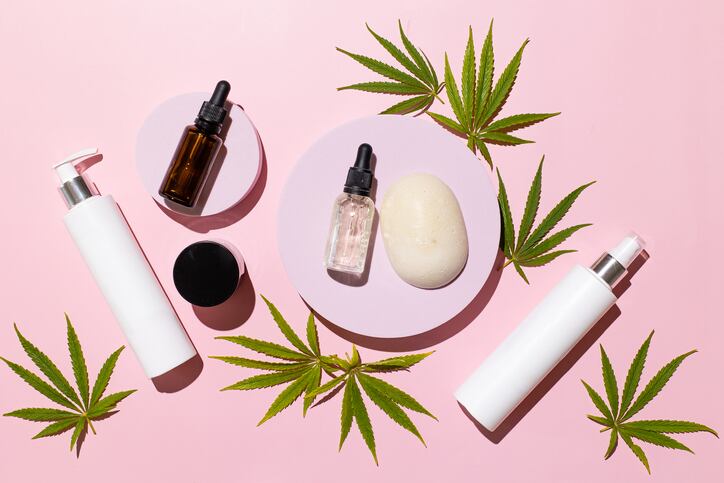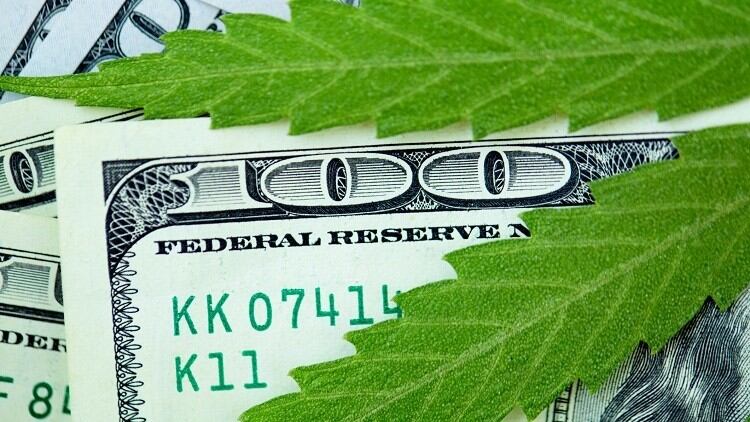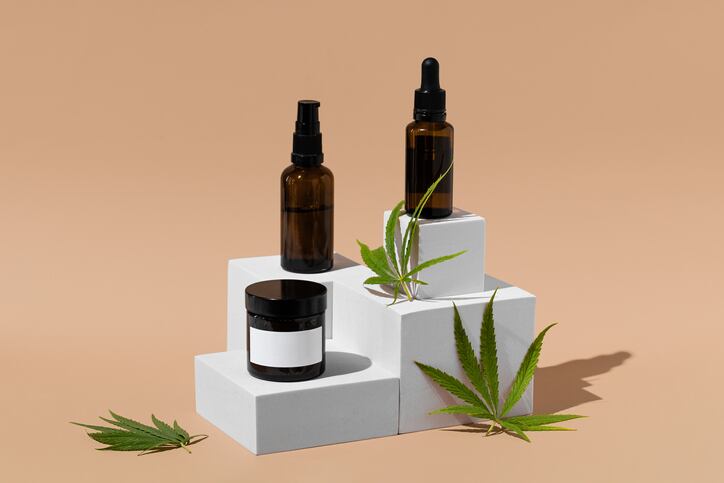Where does the use of CBD stand legally in the US? What legal boundaries exist in the US of CBD?
The market for products containing hemp-derived cannabidiol (CBD) has risen sharply since the passage of the 2018 Farm Bill. Over the past several years, companies have continued to introduce new products containing CBD across consumer-packaged goods categories.
The FDA has publicly stated that the sale of food and beverage products containing CBD is unlawful at the federal level. (See here and here). Nonetheless, the FDA acknowledges that foods, dietary supplements and cosmetics (among other products) continue to be available “almost everywhere” despite FDA’s many unanswered questions about product quality and safety.
In the absence of a clear enforcement policy from FDA, states are leading the charge on regulation of products containing CBD. These state laws can vary widely, leading to conflicting mandates, and complicated situations for businesses.
Regarding cosmetics, the FDA’s position is that products containing CBD must comply with federal regulations regarding cosmetic products, and no ingredient, including CBD, can be used in a cosmetic if it would cause the product to be adulterated or misbranded.
Further, if the cosmetic product containing CBD was marketed with claims regarding the product’s effect on the structure or function of the body or the product’s ability to cure or treat disease, the FDA might regulate the cosmetic as a drug.
In addition, the Federal Trade Commission (FTC) announced a focus on CBD products making unsubstantiated health claims. For example, they brought suit against a company manufacturing CBD skin creams and other products that claimed that CBD could treat or prevent cancer and Alzheimer’s Disease.
How do bio-fermented or synthetic CBD ingredients play into legal boundaries to CBD use?
The definition of “synthetic” cannabinoids is a hotly contested topic and can vary across jurisdictions. This area is of great interest to both companies and regulators. In the absence of clear, uniform agreement about the term “synthetic” when applied to cannabinoids, some regulators are considering legally questionable positions.
For example, the ways a chemist may understand “synthetic” might not necessarily align with how a regulator interprets the term. What is clear is that this is an area that is rapidly developing and may involve discussions about statutory language, policy goals, and scientific realities.
What kinds of brands are and aren’t ideally positioned to use CBD?
There is an active market for CBD products, including cosmetic products. Brands looking to enter the growing CBD market should ensure they are following the law in the jurisdictions where they are looking to sell their CBD-containing products.
Laws regarding CBD can change rapidly, and they are not uniform across the country. It is often best to consider compliance up-front rather than risk enforcement action that could damage a brand’s reputation, especially for larger, well-established brands.
What are the repercussions of breaching CBD laws for cosmetics companies?
The CBD market offers great opportunities for market entrants. The speed at which federal and state rules governing CBD products are developing also presents compliance risks. These risks include but are not limited to, enforcement risks from state or federal regulators or private class action litigation for alleged violations of state consumer protection law.
What else is important to know about CBD in cosmetics today from a legal perspective?
Federal and state mandates regarding CBD continue to develop. From a legal perspective, cosmetic companies may wish to consider that entering the CBD market is not without risk.
Claims about the potential health effects of CBD are particularly tricky for cosmetic companies as drug-like claims might result in the product being recognized as an unapproved drug or prompt other enforcement action. For example, the FTC has taken action against CBD companies making unsubstantiated health claims, including manufacturers of CBD oils and balms.




